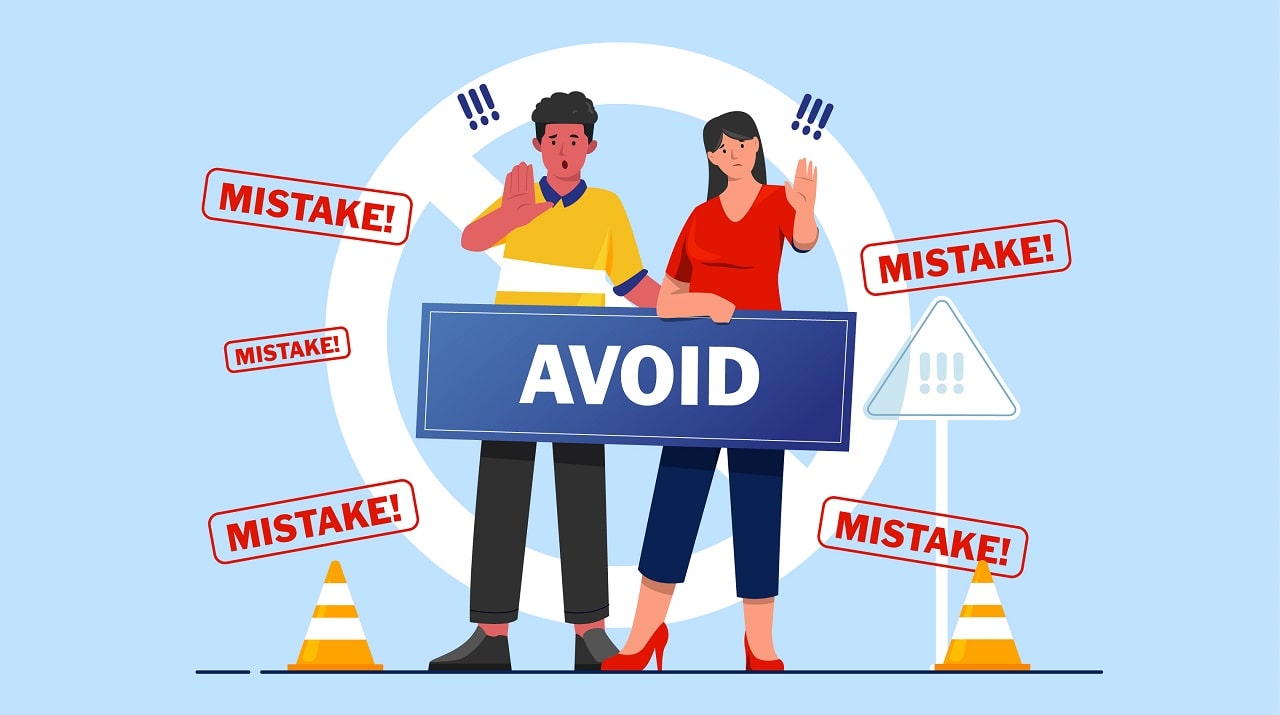
Navigating the Digital Road: How to Avoid Online Car-Selling Scams
In today’s digital age, selling your car online offers convenience and a broad audience of potential buyers. However, this ease also attracts scammers looking to exploit unsuspecting sellers. Falling victim to a car-selling scam can lead to financial loss, identity theft, and a lot of frustration. To protect yourself, it’s crucial to be aware of common scams and take proactive steps to safeguard your interests.
Understanding the Landscape of Car-Selling Scams
Before diving into prevention strategies, it’s essential to understand the types of scams you might encounter:
- The Overpayment Scam: A buyer sends a check or money order for more than the agreed-upon price. They then ask you to wire back the difference. The original payment later bounces, leaving you out of pocket.
- The Fake Escrow Service: Scammers create a fake escrow website that looks legitimate. They convince you to deposit your car’s title and other documents into the "escrow" account, which they then control.
- The Bait-and-Switch: The buyer expresses strong interest and agrees to your price online. However, when they arrive to inspect the car, they find minor flaws and drastically reduce their offer.
- The Title Washing Scam: The buyer asks you to sign over the title before they’ve fully paid for the car. They may then disappear, leaving you without your car or your money.
- The Shipping Scam: The buyer arranges for a third-party shipping company to pick up the car. However, the shipping company is fraudulent and may demand additional fees or simply vanish with your car.
- The Identity Theft Scam: Scammers request sensitive information, such as your social security number or bank account details, under the guise of needing it for the transaction.
Key Strategies to Protect Yourself
Here are some practical steps you can take to avoid becoming a victim of these scams:
-
Choose Reputable Platforms:
- Stick to well-known and trusted online marketplaces. These platforms often have security measures and buyer/seller protection programs in place.
- Research the platform’s reputation and read reviews from other sellers before listing your car.
- Be wary of lesser-known websites or classified ad sites with minimal security features.
-
Create a Detailed and Honest Listing:
- Provide accurate information about your car’s make, model, year, mileage, and condition.
- Include high-quality photos of the car from various angles, highlighting any flaws or damage.
- Be transparent about the car’s history, including any accidents or repairs.
- A detailed and honest listing will attract genuine buyers and deter scammers looking for easy targets.
-
Communicate Cautiously:
- Use the platform’s messaging system to communicate with potential buyers. This helps keep a record of your conversations and allows the platform to monitor for suspicious activity.
- Be wary of buyers who ask to communicate outside of the platform immediately.
- Avoid sharing personal information, such as your address or bank account details, until you’ve met the buyer in person and are confident in their legitimacy.
-
Verify Buyer Information:
- If possible, ask for the buyer’s full name, address, and phone number.
- Use online search tools to verify the buyer’s information and check for any red flags.
- Be cautious of buyers who are reluctant to provide their information or who give inconsistent details.
-
Be Wary of Overpayments:
- Never accept a payment for more than the agreed-upon price.
- If a buyer sends an overpayment, return the excess amount through the same method they used to pay you. Do not wire money back to the buyer, as this is a common scam tactic.
- Wait for the payment to clear completely before releasing the car or signing over the title.
-
Avoid Fake Escrow Services:
- Be skeptical of buyers who suggest using an escrow service that you’re not familiar with.
- Research any escrow service thoroughly before using it. Check for reviews, verify their contact information, and ensure they are licensed and regulated.
- Never deposit your car’s title or other important documents into an escrow account without verifying its legitimacy.
-
Meet in a Safe Location:
- Arrange to meet potential buyers in a public place, such as a shopping center parking lot or a police station.
- Bring a friend or family member with you for added safety.
- Avoid meeting buyers at your home or in secluded areas.
-
Inspect Payments Carefully:
- If the buyer pays with a check, verify its authenticity with the issuing bank before releasing the car.
- Be wary of cashier’s checks or money orders that look suspicious or have unusual features.
- Consider using a secure payment method, such as a bank transfer or a third-party payment service.
-
Don’t Sign Over the Title Prematurely:
- Never sign over the title to the buyer until you have received full payment for the car and the payment has cleared.
- If the buyer needs to inspect the title, allow them to do so, but keep it in your possession.
-
Trust Your Instincts:
- If something feels off or too good to be true, trust your instincts and proceed with caution.
- Don’t feel pressured to rush into a sale if you’re not comfortable with the buyer or the terms of the transaction.
- It’s better to walk away from a potentially fraudulent deal than to risk losing your car or your money.
Reporting Scams
If you suspect that you’ve been targeted by a car-selling scam, report it to the following authorities:
- The Federal Trade Commission (FTC)
- Your local law enforcement agency
- The online platform where you listed your car
Conclusion
Selling your car online can be a convenient and profitable experience, but it’s essential to be aware of the risks involved. By understanding common scams and taking proactive steps to protect yourself, you can navigate the digital road with confidence and avoid becoming a victim. Remember to be cautious, verify information, and trust your instincts. With vigilance and informed decision-making, you can sell your car safely and successfully online.
